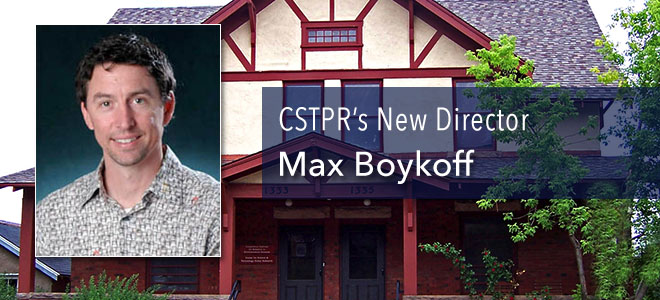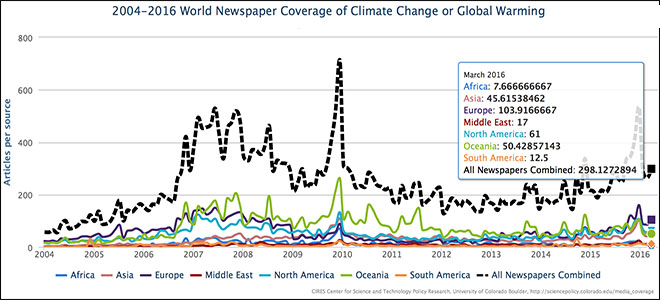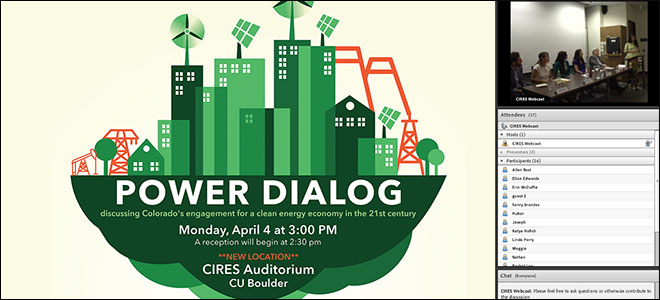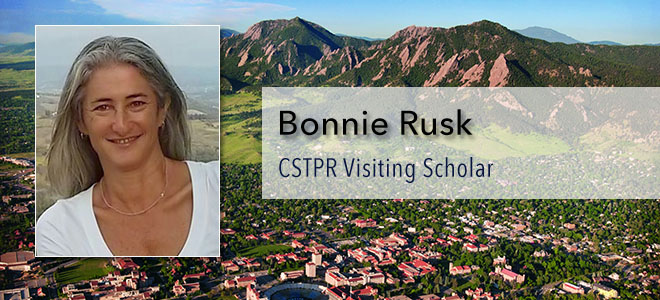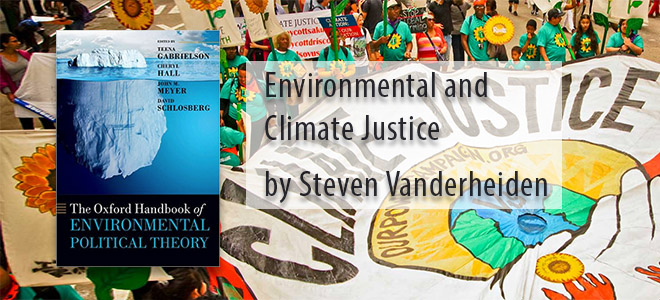CSTPR Graduate Student, Marisa McNatt was awarded a Beverly Sears Graduate Research Grant to fund her research at University of Colorado Boulder. Marisa’s research project will generate hypotheses and policy recommendations for improving U.S. offshore wind farm development processes. Specifically, this project will gather and analyze data on how key stakeholders and contextual factors, such as economic and institutional conditions, at the state- and local-levels have affected the Block Island offshore wind farm, currently under construction off the coast of Rhode Island, and the Fishermen’s Energy offshore wind farm, proposed for construction off the coast of New Jersey coast. These case studies were selected because of their similar project parameters and initial timelines, but varying stages in developmental progress. For instance, both offshore wind farms were proposed in 2008, and if completed, will generate about the same amount of electricity, and will be visible from shore. Yet, Block Island is expected to generate electricity by fall 2016, whereas Fishermen’s Energy has met with numerous setbacks in recent years and is not yet under constriction (Gibbons, 2012 & Fishermen’s Energy). The significant differences in the developmental progress, and similarities in design parameters provides an ideal opportunity to evaluate how the differing stakeholder values and contextual factors in the Atlantic City, NJ and the Block Island, RI regions are affecting the progress, or lack thereof, of these offshore wind farm projects.
About Prometheus
Originally created in 2004, Prometheus is a project of University of Colorado's Center for Science and Technology Policy Research. Prometheus is designed to create an informal outlet for news, information, and opinion on science and technology policy.-
Recent Posts
- Orbital-Use Fees Could More Than Quadruple the Value of the Space Industry
- Ogmius #55 – The Final Issue is Now Out
- Victory is Won Through Many Advisers: Rad Byerly and the Radford Byerly, Jr. Award
- Why Climate Communicators Are Turning Talking Points into Punchlines
- The Environment After the Pandemic
Archives
Categories
Original Archives





